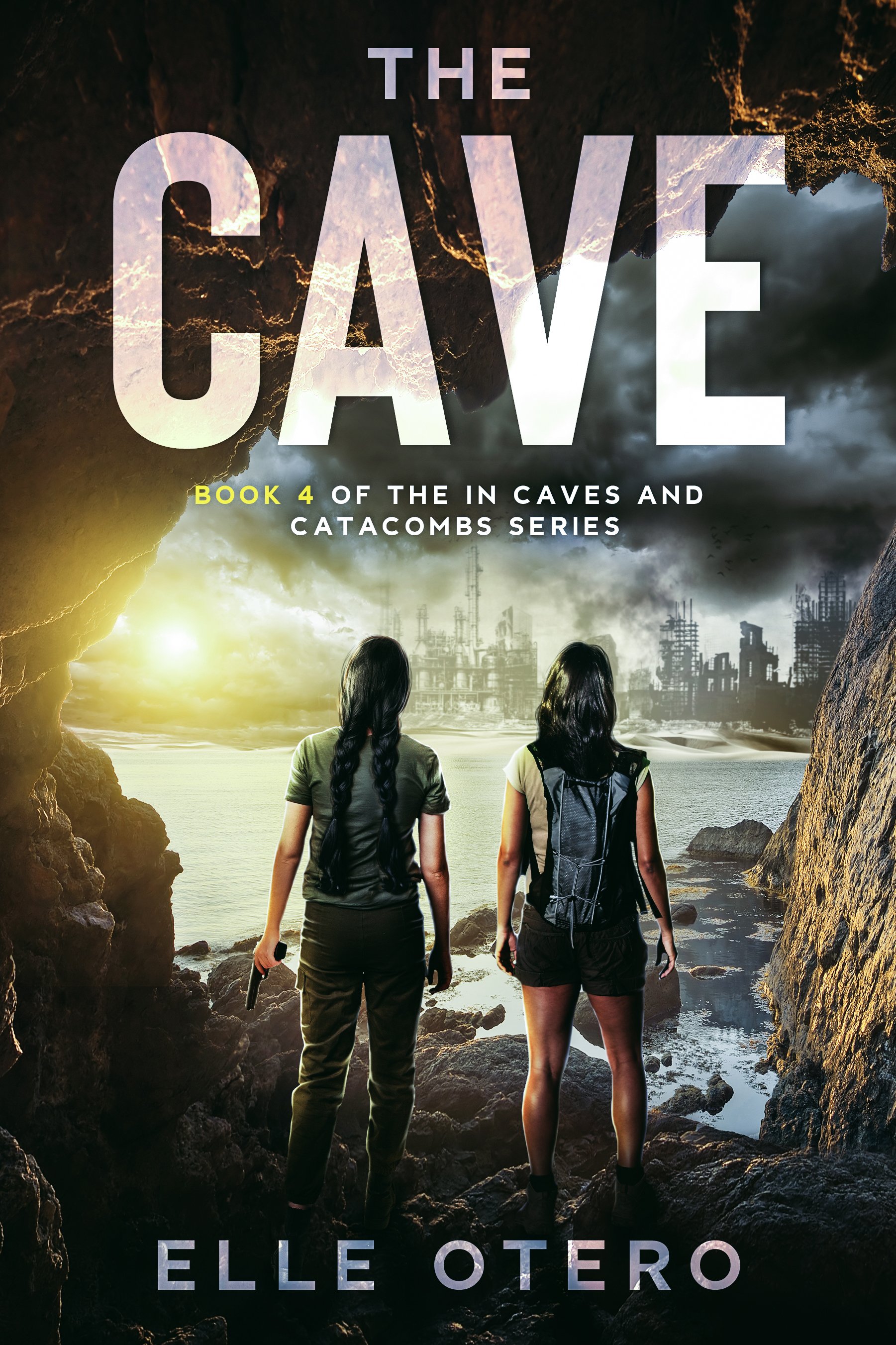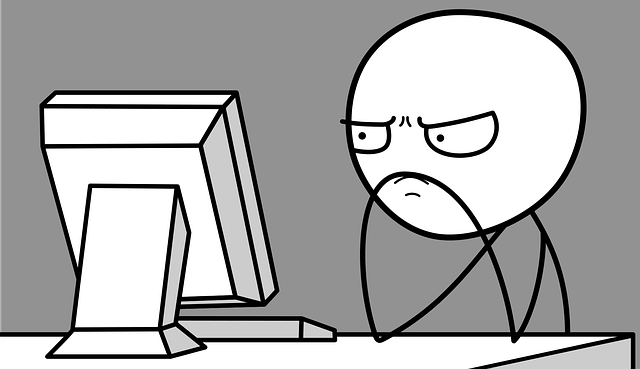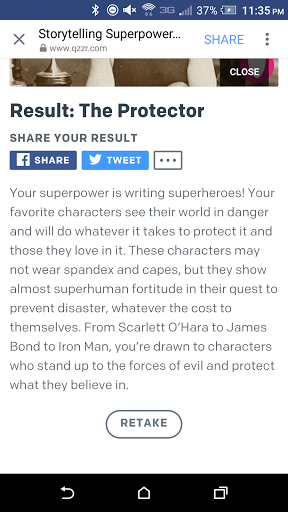"The Grave" has changed the entire direction of the "In Caves & Catacombs" series, and I love it. But the more you love something, the more frightened you are of it, for it, by it. It scares me because it's dark, but is it dark enough? Does it honor the veteran experience enough? Does it honor the struggle of being homeless enough? Is it, in and of itself, enough?
I'm afraid the truth is that it isn't enough. I fear that I haven't done it justice, and that bothers me. There's that twinge of regret, that twist of the knife, that if I held onto it longer, if I worked it more, that it could be so much better. The same goes for "The Boat", and the same will go for the next three or four installments in the series. Hell, the same thing will happen to the Efrenen Sea series. I could hold onto it for ten more years. Perfect it. Coddle it. Shield it from the light and critics alike. But it'll only make me fear it more. And I'm the most afraid of letting the fear hold me back from accomplishing all the things I want to accomplish.
Now that I've said it, it gives me peace. Because nothing I write is ever going to be good enough, and that's okay. My husband tells me that I'm too hard on myself, and he's right. I push and push because I feel like I don't measure up. But that's good, in some ways. Because that's what motivates me to keep going. I don't expect anything big to happen. I don't expect to be able to quit my day job to write full time. What I want from this venture is for people to read what I produce and to enjoy it. It's so simple--I just want to entertain you. And there's a darkness in that, all my own.
Bo Burnham hits the anguish of it absolutely perfectly... hang with this all the way through to the end (it really happens around the five minute mark, but seriously, watch the whole thing), and you'll see the connection:
I don't think I can handle this right now, either. So I'm going to go back to writing the third installment, God help me.









